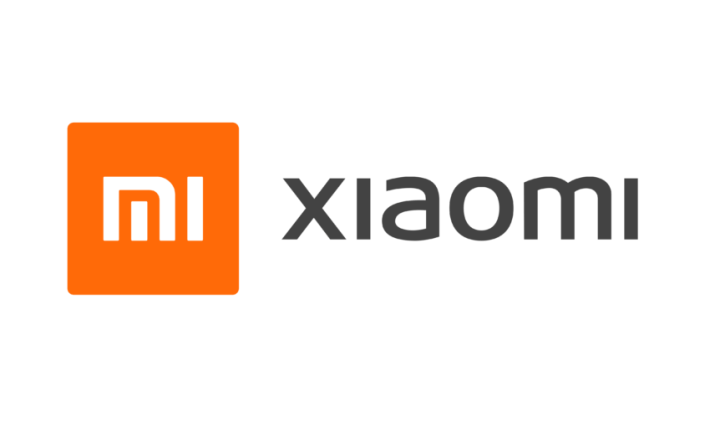Virendra Pandit
Mumbai: Barely six days before he lays down the office, outgoing US President Donald Trump took another swipe at China and its biggest firms, imposing sanctions on officials and companies for alleged misdeeds in the South China Sea and thrust an investment ban on nine more Chinese firms, including Xiaomi.
The move is set to heighten tensions with China, Washington’s strategic rival in Asia, as President-elect Joe Biden takes office on January 20. The Biden transition team did not immediately respond to a request for comment, but the next President, who had already spoken against Beijing, is unlikely to rescind his predecessor’s decisions.
Executives of state-owned Chinese enterprises, officials of the Chinese Communist Party, and military, along with oil giant China National Offshore Oil Corporation Ltd (CNOOC) will face new restrictions for allegedly using coercion against countries with rival South China Sea claims, media reported on Friday.
“The United States stands with Southeast Asian claimant states seeking to defend their sovereign rights and interests, consistent with international law,” US Secretary of State Mike Pompeo, who announced the sanctions, said.
He said the sanctions were directed against those “responsible for, or complicit in, either the large-scale reclamation, construction, or militarization of disputed outposts in the South China Sea, or use of coercion against Southeast Asian claimants to inhibit their access to offshore resources.”
Nine Chinese firms were added to the Pentagon’s list of companies with alleged ties to the Chinese military, including plane-maker Comac and mobile phone-maker Xiaomi Corp. They will now be subject to a new US investment ban which forces American investors to divest holdings of the blacklisted firms by November 11, 2021.
The fresh restrictions could also apply to immediate family members, Pompeo said.
The US Commerce Department has charged CNOOC of harassing and threatening offshore oil and gas exploration and extraction in the South China Sea, “with the goal of driving up the political risk for interested foreign partners, including Vietnam.”
The Trump administration has consistently kept up the pressure in its final days, targeting what Washington sees as Beijing’s bid to use corporations as a means to harness civilian technologies for military purposes.
Commerce Secretary Wilbur Ross said CNOOC acted as “a bully for the People’s Liberation Army to intimidate China’s neighbors” and the Chinese military “continues to benefit from government civil-military fusion policies for malign purposes.”
Ross’s department added CNOOC to an “Entity List” that requires firms to be granted a special license before they can receive exports of high-tech items from U.S. suppliers.
Chinese aviation firm Skyrizon was added to a Military End-User (MEU) List over its ability to develop military products including aircraft engines, restricting its access to U.S. exports.
Aside from Comac and Xiaomi, the Pentagon added to the list companies like Advanced Micro-Fabrication Equipment Inc, Luokung Technology Corp, Beijing Zhongguancun Development Investment Center, GOWIN Semiconductor Corp, Grand China Air Co Ltd, Global Tone Communication Technology Co Ltd, and China National Aviation Holding Co Ltd.
The Trump administration’s surprising blacklisting of Xiaomi Corp. has cost its top executives billions of dollars.
Lei Jun, the chief executive officer who co-founded the smartphone maker about a decade ago, lost almost $3 billion as the stock tumbled a record 10%, according to the Bloomberg Billionaires Index.
Lin Bin, the company’s vice chairman, is also down $1.5 billion, and the fortune of at least five other billionaire shareholders has also dropped, media reported.
While China’s tech sector has been hit by increased government scrutiny and other Trump black-listings, Xiaomi was still thriving. The Beijing-based company surpassed Apple Inc.’s smartphone sales in the third quarter and grabbed market share from Huawei Technologies Co., which got marred by U.S. sanctions. Xiaomi’s shares closed at a record high just last week, and in December the company’s market value surpassed USD 100 billion, finally reaching the goal it had set before its 2018 listing.
But the latest US attack startled investors because previous bans focused on Chinese companies with military ties and strategic value to the tech industry’s growth. Xiaomi said it’s not owned or controlled by China’s military.
Lei, who owned more than one-quarter of Xiaomi, was worth USD 28.2 billion on Thursday, down from USD 33.2 billion when the shares reached a peak last week. He had started 2020 as China’s fourth-richest tech tycoon, just behind Alibaba’s founder Jack Ma, whose fortune has lost about USD 10 billion since the end of October amid increased government scrutiny of his empire.
Lin’s wealth stands at USD 10.1 billion.

